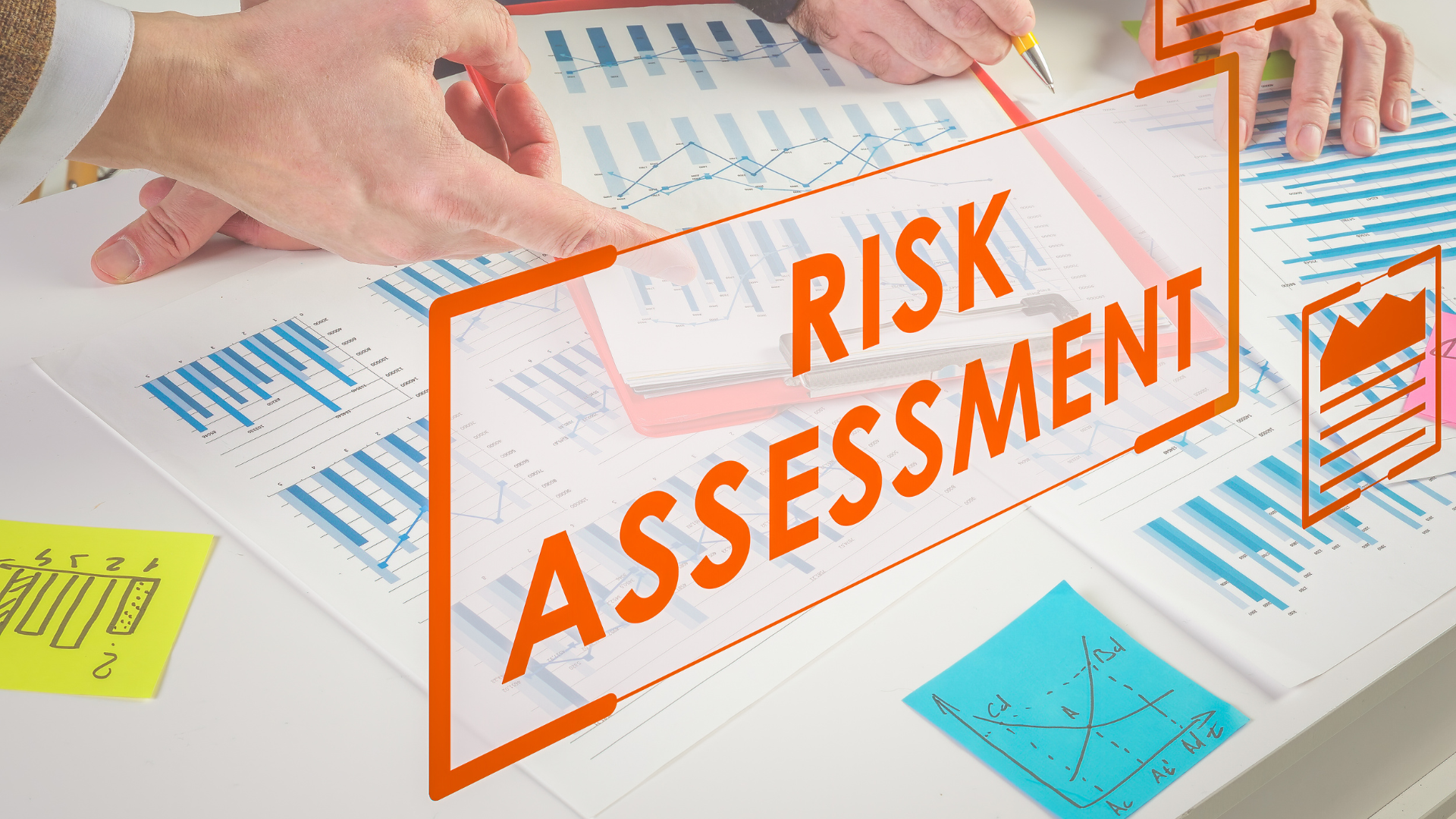Insurtech’s Data Analytics: Transforming Risk Assessment
Introduction: In the dynamic realm of Insurtech, data analytics stands as a game-changer, revolutionizing how risks are assessed and managed. This article delves into the ways in which data analytics is reshaping risk assessment in the field of Insurtech, providing unparalleled insights and enhancing the efficiency of insurance processes.
The Power of Data Analytics in Insurtech: Data analytics in Insurtech is more than a technological enhancement; it’s a strategic asset. By leveraging vast datasets, insurers gain a comprehensive understanding of risks, enabling them to make informed decisions, optimize pricing models, and enhance the overall efficacy of risk assessment.
Enhanced Risk Profiling through Advanced Algorithms: Data analytics empowers Insurtech companies to create sophisticated risk profiles for individuals and businesses. Advanced algorithms analyze diverse data points, including demographic information, historical claims data, and even behavioral patterns, allowing for a nuanced and accurate risk assessment.
Predictive Modeling for Proactive Risk Mitigation: Insurtech utilizes predictive modeling to foresee potential risks before they materialize. By analyzing historical data trends and employing machine learning algorithms, insurers can identify patterns and factors that contribute to specific risks, allowing for proactive measures to mitigate those risks.
Real-time Monitoring and Telematics: The integration of real-time monitoring, often facilitated by telematics devices, is a hallmark of data analytics in Insurtech. In auto insurance, for example, telematics devices track driving behaviors, enabling insurers to adjust premiums based on real-world data. This not only provides a more accurate assessment of risk but also incentivizes safer behaviors.
Customized Coverage Based on Individual Behavior: Data analytics enables insurers to move beyond traditional one-size-fits-all policies. By analyzing individual behavior patterns, preferences, and lifestyle choices, Insurtech companies can offer personalized coverage that aligns with the unique risk profiles of policyholders.
Fraud Detection and Prevention: One of the critical contributions of data analytics in risk assessment is the ability to detect and prevent fraud. Advanced algorithms analyze various data sources to identify anomalous patterns and flag potentially fraudulent activities. This not only protects insurers from financial losses but also helps maintain the integrity of the entire insurance ecosystem.
The Role of Big Data in Comprehensive Risk Analysis: Big data, a cornerstone of data analytics, plays a pivotal role in comprehensive risk analysis. Insurtech platforms can process and analyze vast amounts of structured and unstructured data, including social media activity, weather patterns, and economic indicators. This holistic approach ensures a more thorough risk assessment that considers multifaceted influences.
Weathering Uncertainties with Parametric Insurance: Data analytics enables the development and implementation of parametric insurance models. These models rely on predefined triggers, often linked to specific data points such as weather conditions or seismic activity. In the event of a trigger occurrence, the insured party receives a payout, providing a swift and data-driven response to uncertainties.
Continuous Improvement through Machine Learning Iterations: Machine learning, a subset of data analytics, contributes to continuous improvement in risk assessment models. As algorithms learn from new data inputs and outcomes, they iteratively enhance their predictive capabilities, ensuring that risk assessment processes remain dynamic and adaptive to changing circumstances.
Data-Driven Decision-Making for Underwriting: Insurtech platforms leverage data analytics to inform underwriting decisions. Insurers can assess the risk associated with a potential policyholder more accurately by considering a multitude of data points, leading to more informed and data-driven underwriting processes.
Addressing Regulatory Compliance with Data Analytics: Data analytics plays a crucial role in ensuring compliance with ever-evolving regulatory frameworks. By automating compliance processes and monitoring changes in regulations, Insurtech platforms can navigate the complex landscape of regulatory requirements efficiently.
Challenges and Ethical Considerations in Data Analytics for Risk Assessment: While data analytics brings immense benefits to risk assessment in Insurtech, it also raises challenges and ethical considerations. Ensuring data privacy, addressing biases in algorithms, and maintaining transparency are paramount to fostering trust and responsible use of data analytics in the insurance industry.
Conclusion: Transforming Risk Assessment in the Digital Age: In conclusion, data analytics is a driving force behind the transformation of risk assessment in the Insurtech landscape. From predictive modeling to real-time monitoring and personalized coverage, the integration of data analytics not only enhances the accuracy of risk assessment but also propels the industry towards a future of innovation and efficiency. As Insurtech continues to evolve, data analytics remains a cornerstone, shaping the way insurers understand, analyze, and manage risks in the dynamic and data-rich landscape of the digital age.














